-
Aromatherapy: Immerse yourself in the invigorating aroma of Thyme Oil to promote relaxation, mental clarity, and emotional balance. Diffuse it in your home or workspace to create a calming atmosphere or add a few drops to your bath for a rejuvenating soak.
-
Respiratory Support: Thyme Oil has expectorant properties that may help alleviate respiratory congestion and discomfort. Inhaling the aromatic vapors of Thyme Oil or adding it to steam inhalation can help clear the airways and promote easier breathing during times of seasonal discomfort.
-
Immune Support: Thyme Oil is prized for its potent antimicrobial and immune-supportive properties. Incorporating Thyme Oil into your wellness routine may help support a healthy immune system and protect against environmental threats.
-
Digestive Health: Thyme Oil has carminative properties that may help soothe digestive discomfort such as bloating, gas, and indigestion. Massaging diluted Thyme Oil onto the abdomen or inhaling its aroma may promote gastrointestinal comfort and well-being.
-
Aromatherapy:
- Add 3-5 drops of thyme oil to an essential oil diffuser filled with water.
- Turn on the diffuser and allow the aromatic mist to fill the room, creating a calming and uplifting atmosphere.
- Inhale the aromatic vapors of thyme oil to promote relaxation, mental clarity, and emotional balance.
-
Topical Application:
- Dilute thyme oil with a carrier oil such as coconut oil, almond oil, or jojoba oil. A common dilution ratio is 2-3 drops of thyme oil per teaspoon of carrier oil.
- Apply the diluted mixture to the skin for various benefits, including skincare, muscle relaxation, and massage therapy.
- Target specific areas of concern, such as sore muscles or joints, by gently massaging the diluted oil into the skin.
-
Steam Inhalation:
- Boil a pot of water and transfer it to a heat-safe bowl.
- Add 3-5 drops of thyme oil to the hot water.
- Lean over the bowl and cover your head with a towel to create a tent, trapping the steam.
- Inhale deeply and slowly for 5-10 minutes to help clear respiratory congestion and promote easier breathing.
-
Antimicrobial Properties:
- Effectiveness: Thyme oil contains compounds such as thymol and carvacrol, which exhibit strong antimicrobial activity against bacteria, fungi, and viruses.
- Uses: Thyme oil can be used to disinfect surfaces, purify the air, and support immune health. It may help prevent the spread of pathogens and support the body's natural defenses against infections.
-
Respiratory Health:
- Effectiveness: Thyme oil has expectorant and decongestant properties, making it beneficial for respiratory conditions such as coughs, colds, bronchitis, and sinus infections.
- Uses: Inhaling thyme oil vapors or using it in steam inhalation can help loosen mucus, clear congestion, and soothe respiratory discomfort.
-
Digestive Support:
- Effectiveness: Thyme oil has carminative properties that may help relieve digestive issues such as bloating, gas, indigestion, and abdominal discomfort.
- Uses: Massaging diluted thyme oil onto the abdomen or inhaling its aroma may promote gastrointestinal comfort and support digestive health.
-
Skin Care:
- Effectiveness: Thyme oil contains antioxidants and antimicrobial compounds that may help protect the skin from oxidative stress and promote a clear, healthy complexion.
- Uses: Diluting thyme oil with a carrier oil and applying it topically may help soothe minor skin irritations, reduce inflammation, and support overall skin health.
-
Skin Irritation: Thyme oil, especially when used undiluted or in high concentrations, can cause skin irritation, redness, itching, or a burning sensation. Always dilute thyme oil with a suitable carrier oil before applying it to the skin, and perform a patch test on a small area of skin before widespread use.
-
Mucous Membrane Irritation: Direct contact with undiluted thyme oil can irritate mucous membranes, such as those in the mouth, throat, and eyes. Avoid applying thyme oil directly to these areas, and if accidental exposure occurs, flush with water immediately.
-
Hormonal Effects: Thyme oil contains compounds that may have estrogenic effects, which could potentially affect hormone levels, especially in women. Avoid using thyme oil in high concentrations or for prolonged periods, especially if you have hormone-sensitive conditions or are pregnant or breastfeeding.
-
Neurotoxicity: Ingesting large amounts of thyme oil or using it internally in excessive doses can lead to neurotoxicity, causing symptoms such as dizziness, confusion, seizures, and other neurological issues. Thyme oil should not be ingested in large quantities and should be used with caution internally.
-
Skin Sensitivity: Thyme oil can cause skin irritation, especially when used undiluted or in high concentrations. Always dilute thyme oil with a suitable carrier oil, such as coconut oil or almond oil, before applying it to the skin. Perform a patch test on a small area of skin to check for any adverse reactions before widespread use.
-
Avoid Contact with Mucous Membranes: Direct contact with undiluted thyme oil can irritate mucous membranes, such as those in the mouth, throat, and eyes. Avoid applying thyme oil directly to these areas, and if accidental exposure occurs, flush with water immediately.
-
Hormonal Effects: Thyme oil contains compounds that may have estrogenic effects, which could potentially affect hormone levels, especially in women. Avoid using thyme oil in high concentrations or for prolonged periods, especially if you have hormone-sensitive conditions or are pregnant or breastfeeding.
-
Neurotoxicity: Ingesting large amounts of thyme oil or using it internally in excessive doses can lead to neurotoxicity, causing symptoms such as dizziness, confusion, seizures, and other neurological issues. Thyme oil should not be ingested in large quantities and should be used with caution internally.

22354205.jpg) Wellness
Wellness EYES
EYES Wellness
Wellness ACR
ACR BEST PRODUCT
BEST PRODUCT Hair Oil
Hair Oil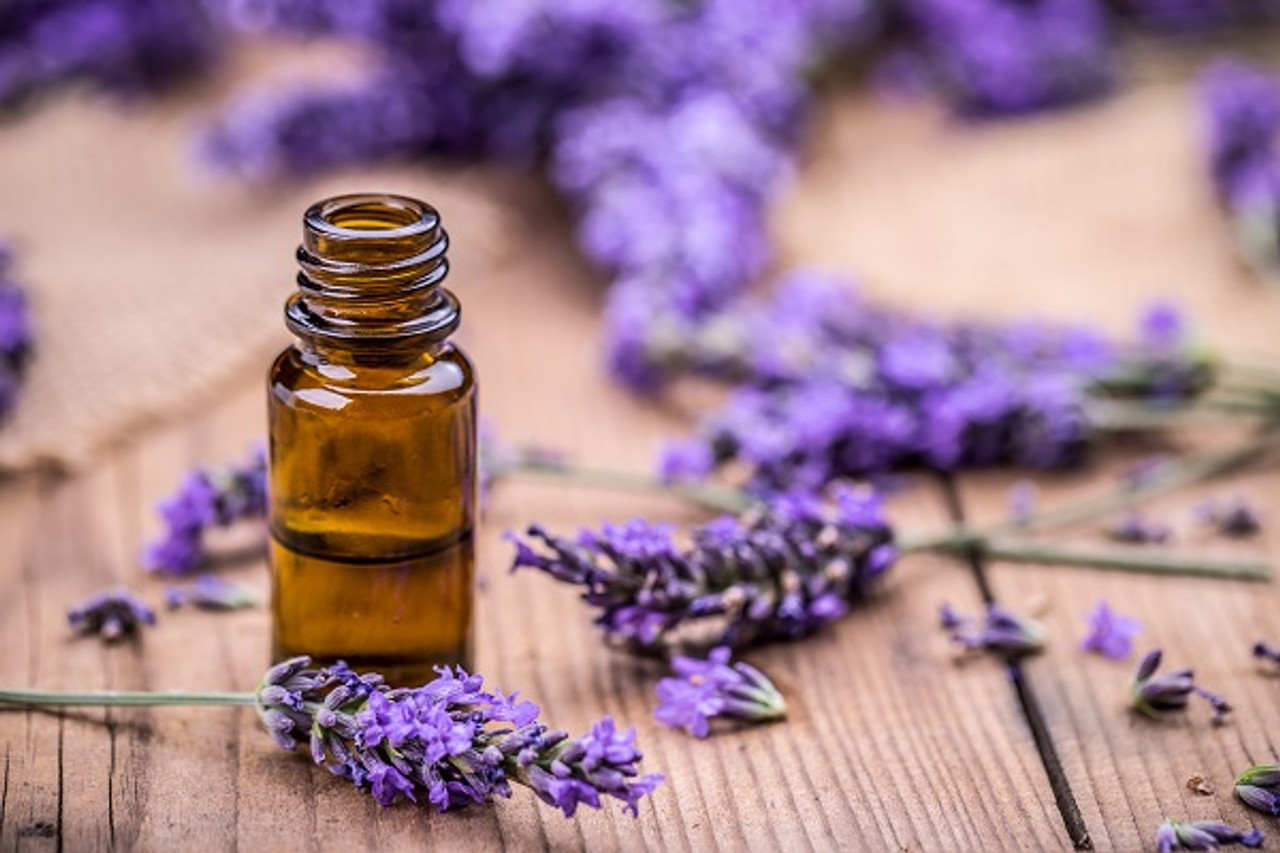 Immunity
Immunity Health Related Issues
Health Related Issues abc
abc Hair Fall
Hair Fall Sensuality
Sensuality Hair oil
Hair oil Hair Growth
Hair Growth NFC
NFC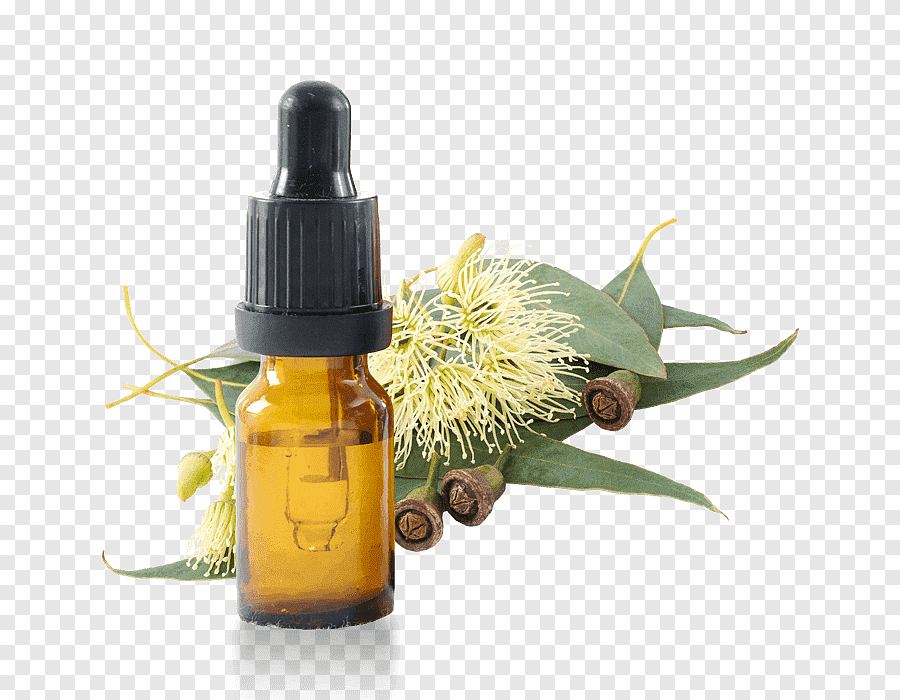 Health Related Issues
Health Related Issues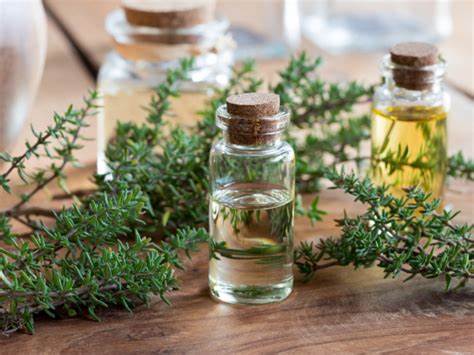
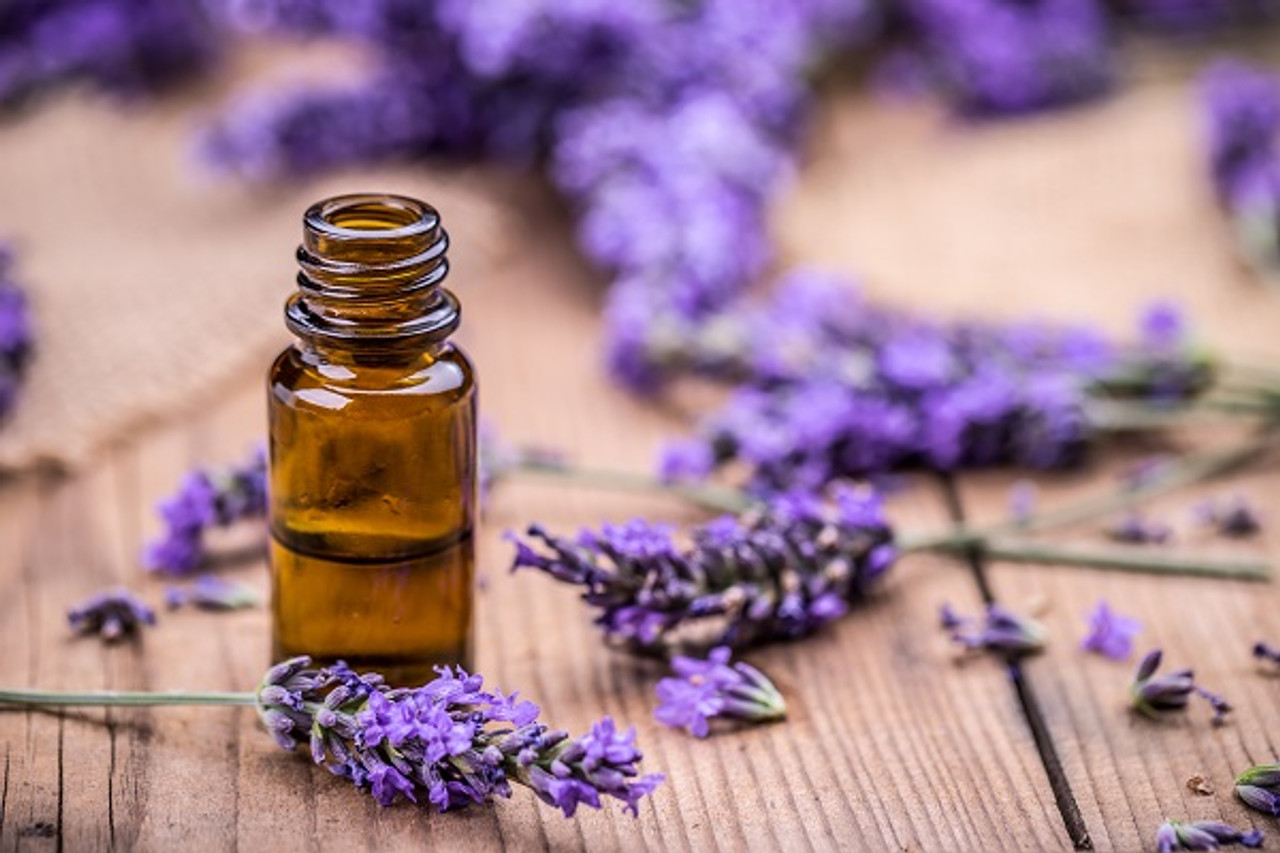
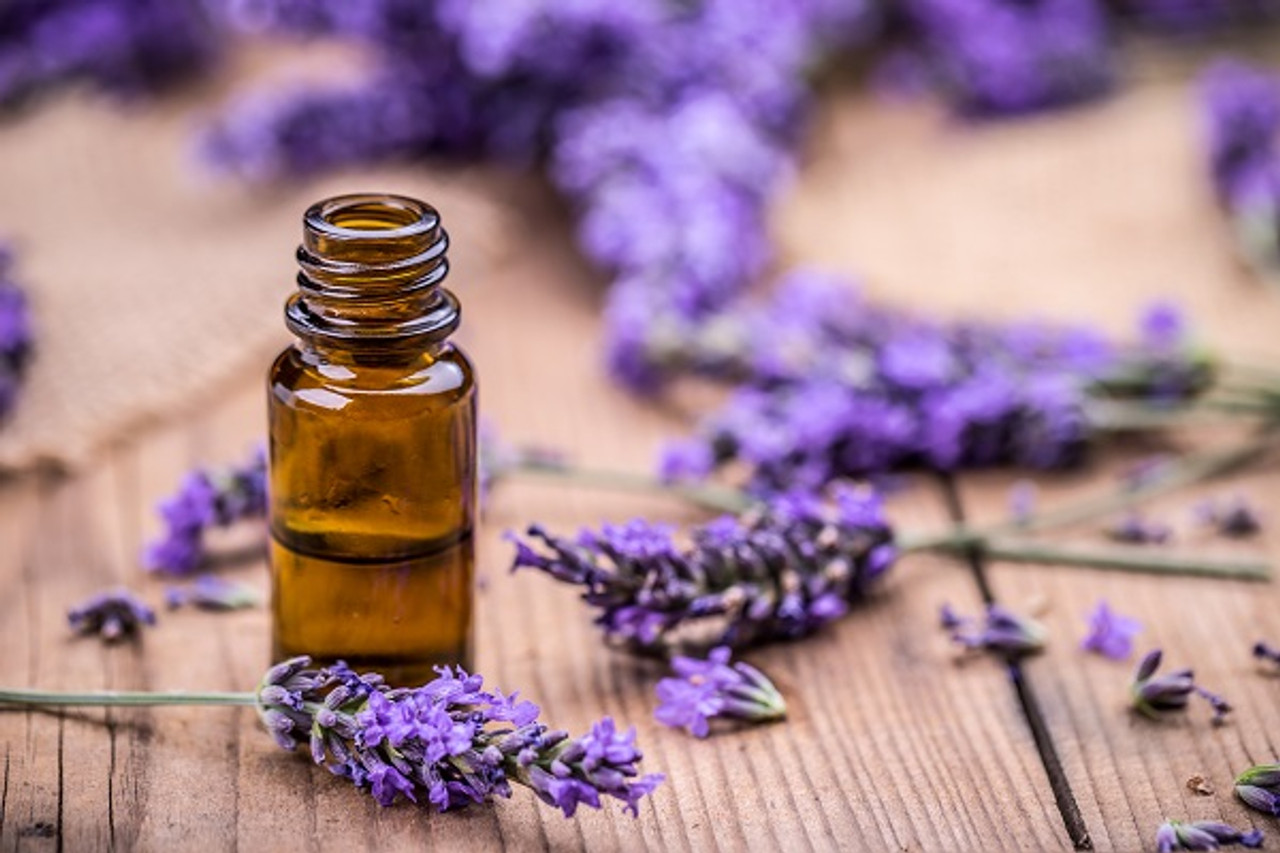
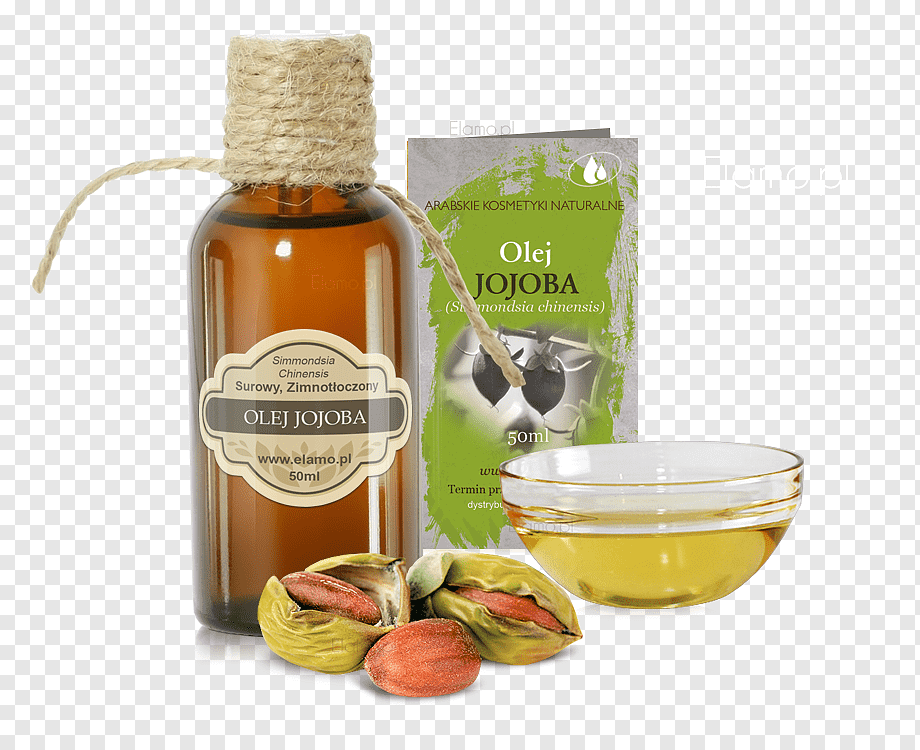


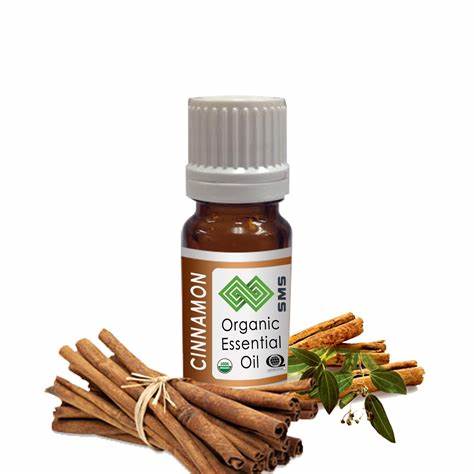
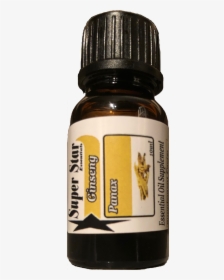


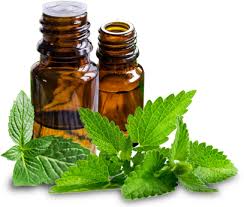


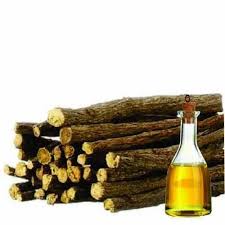
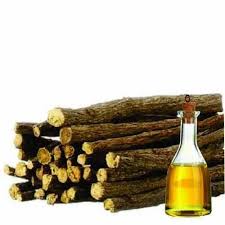

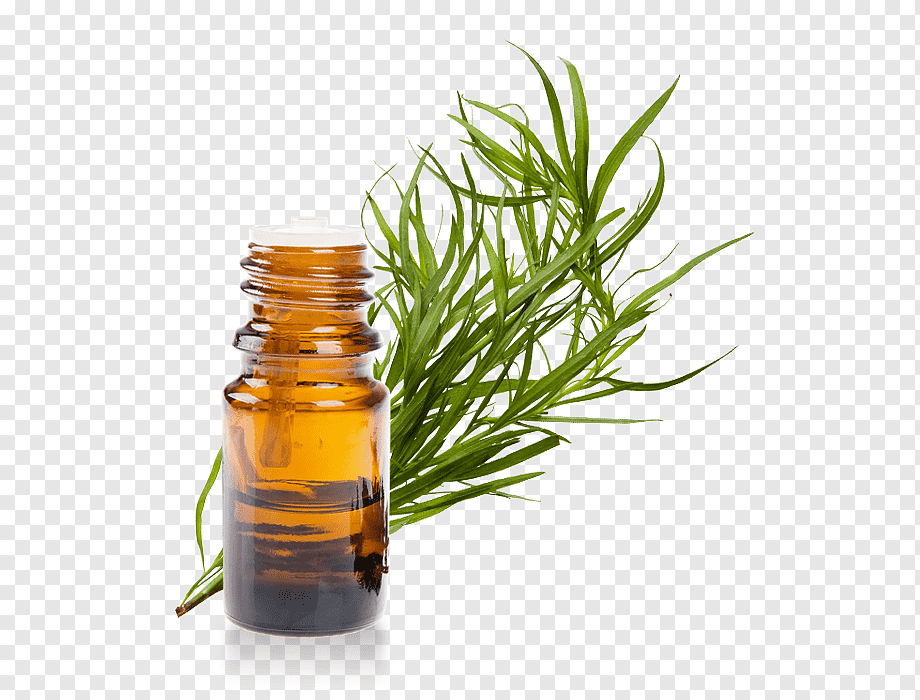
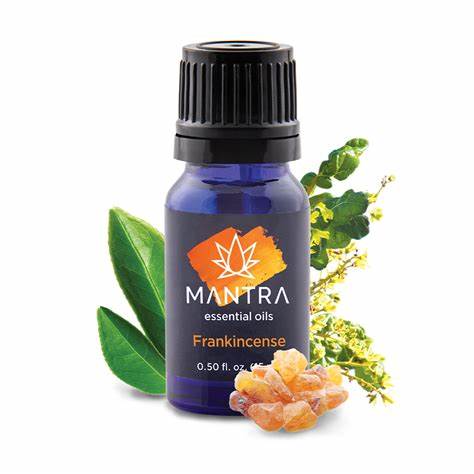
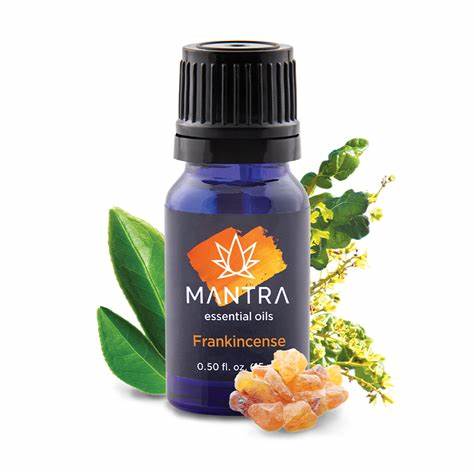


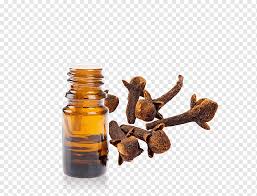
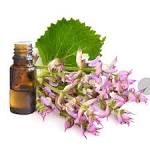

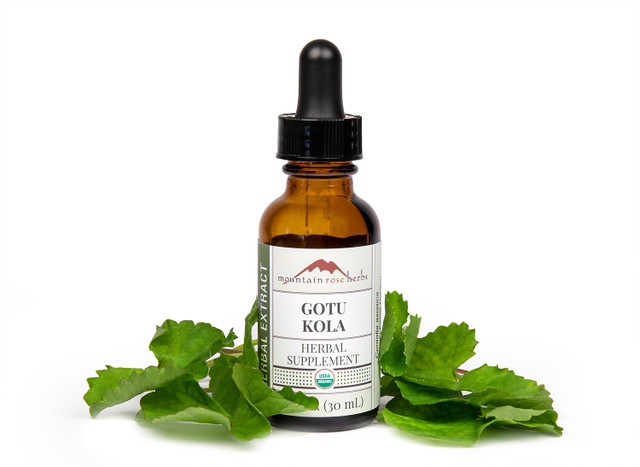
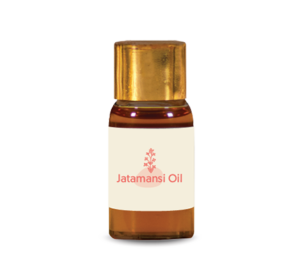




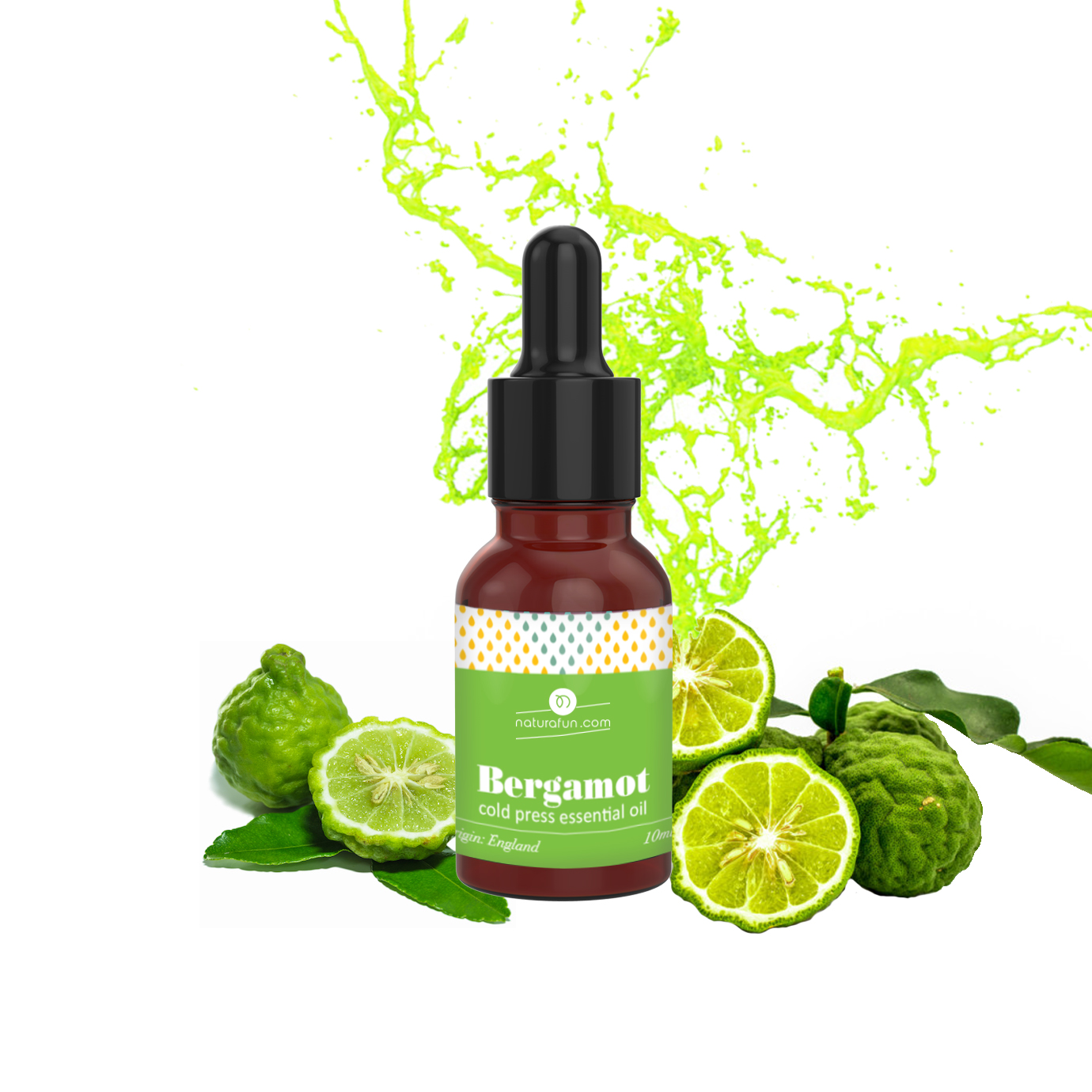
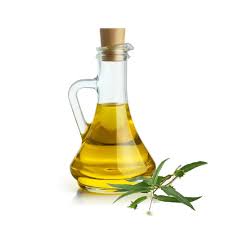
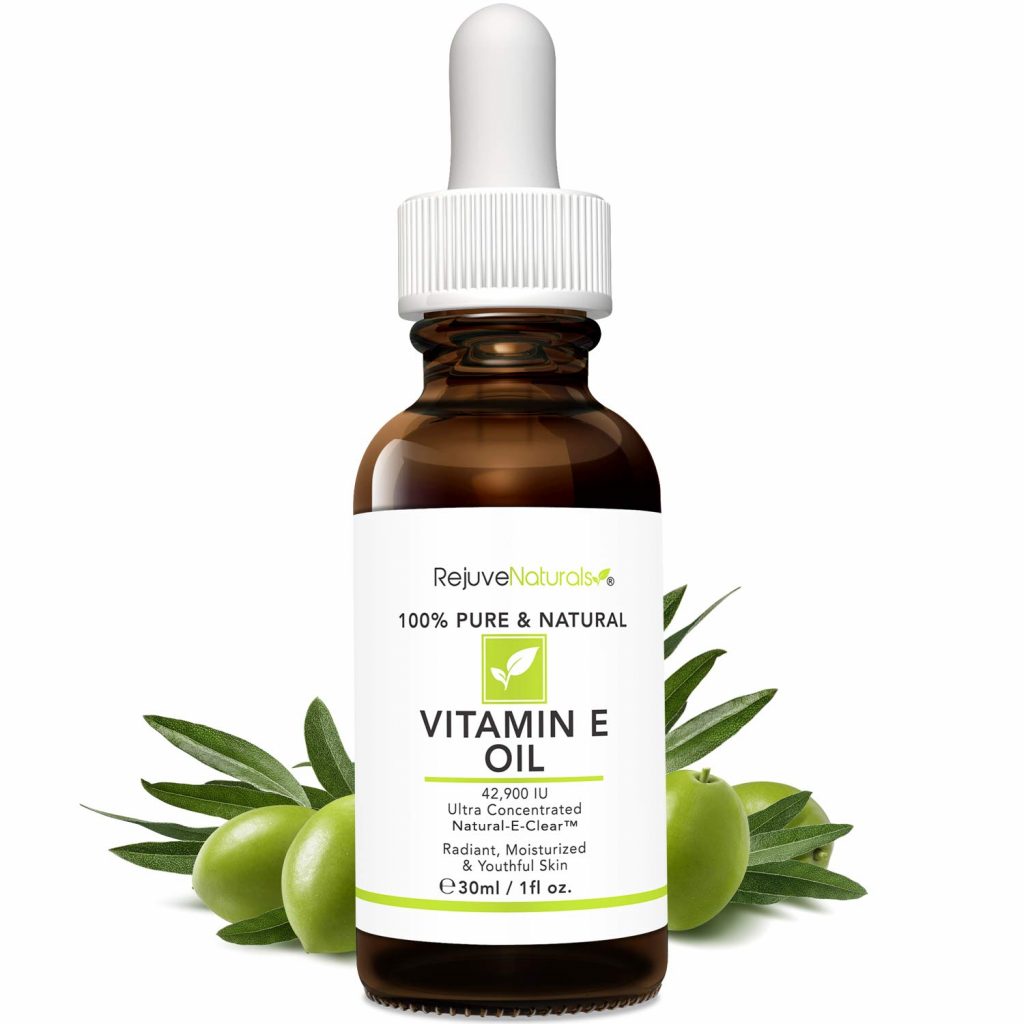
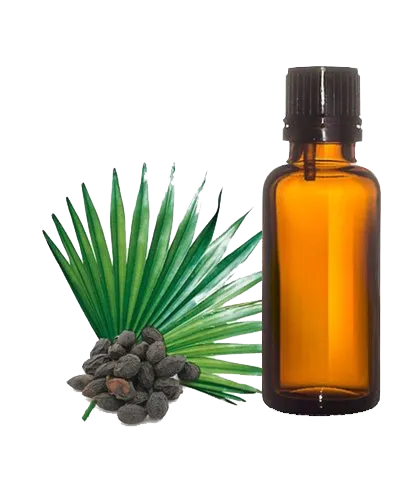
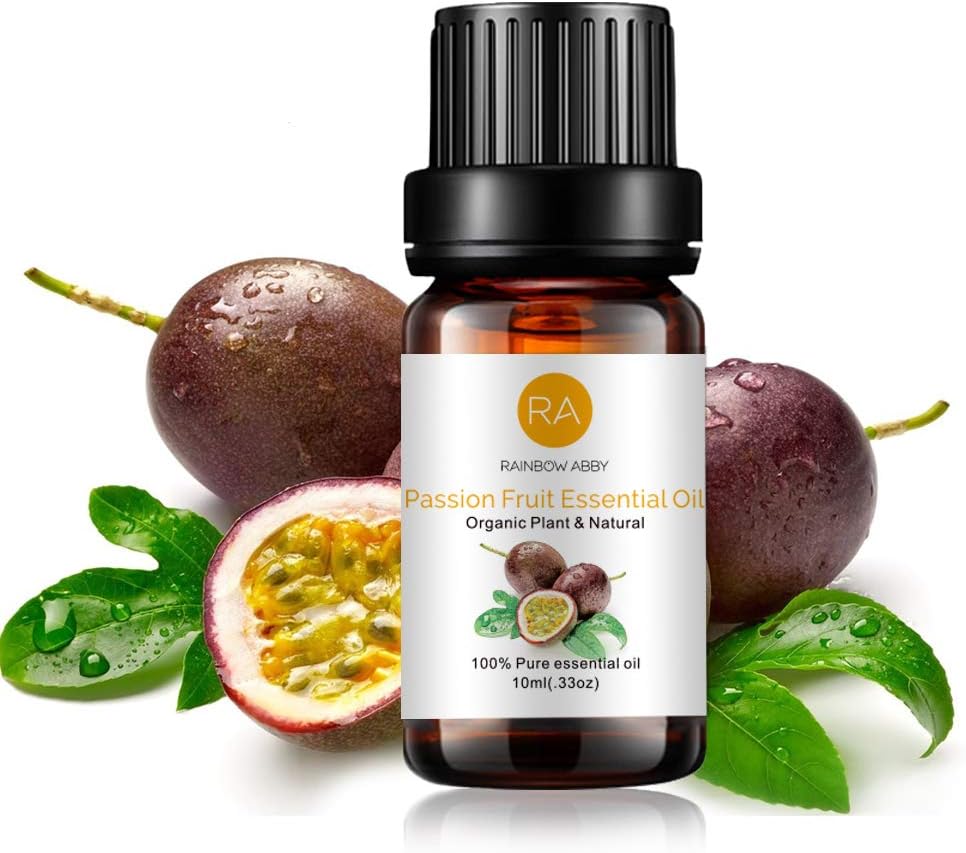




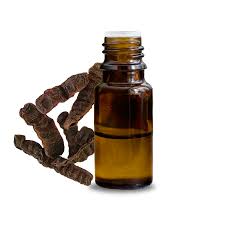
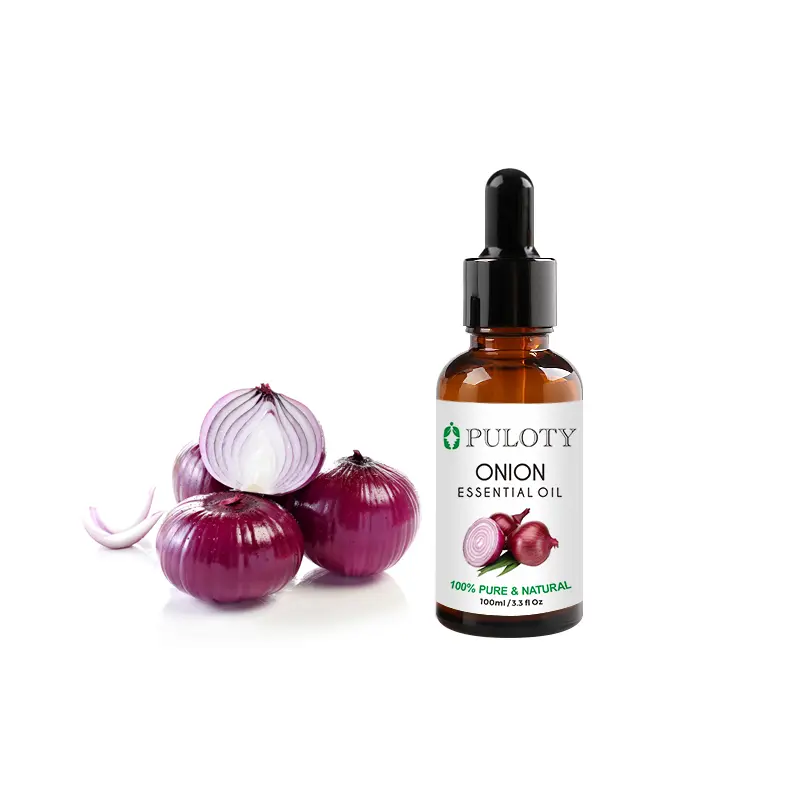
24394239.png)
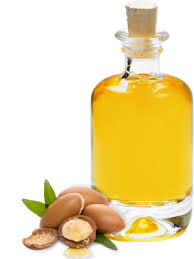
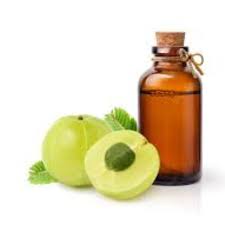

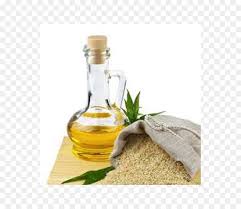
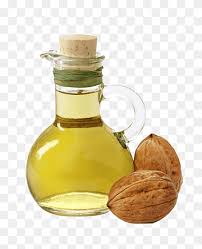
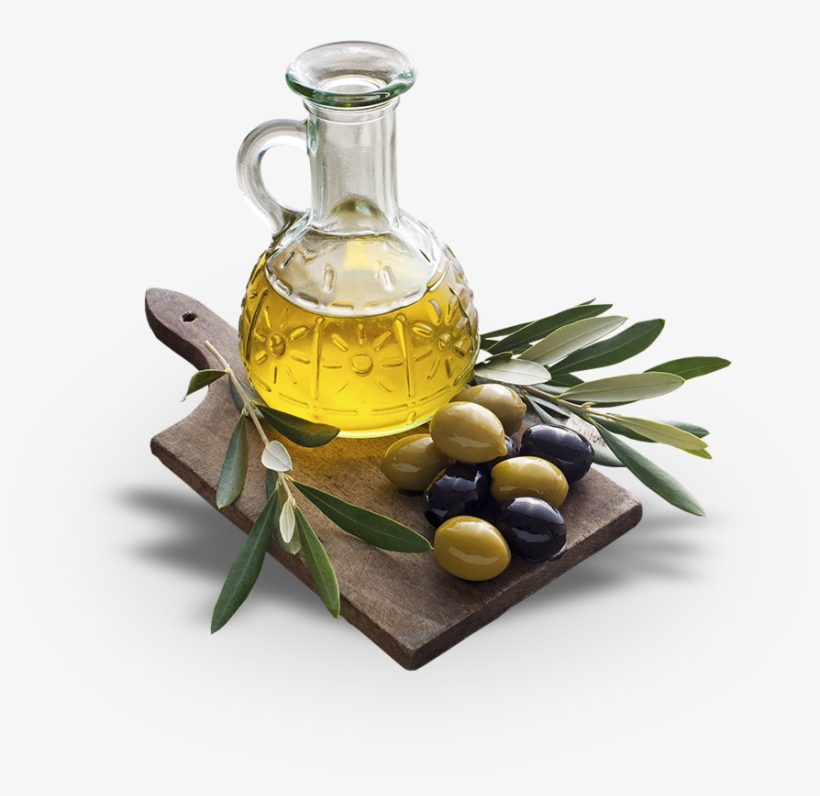
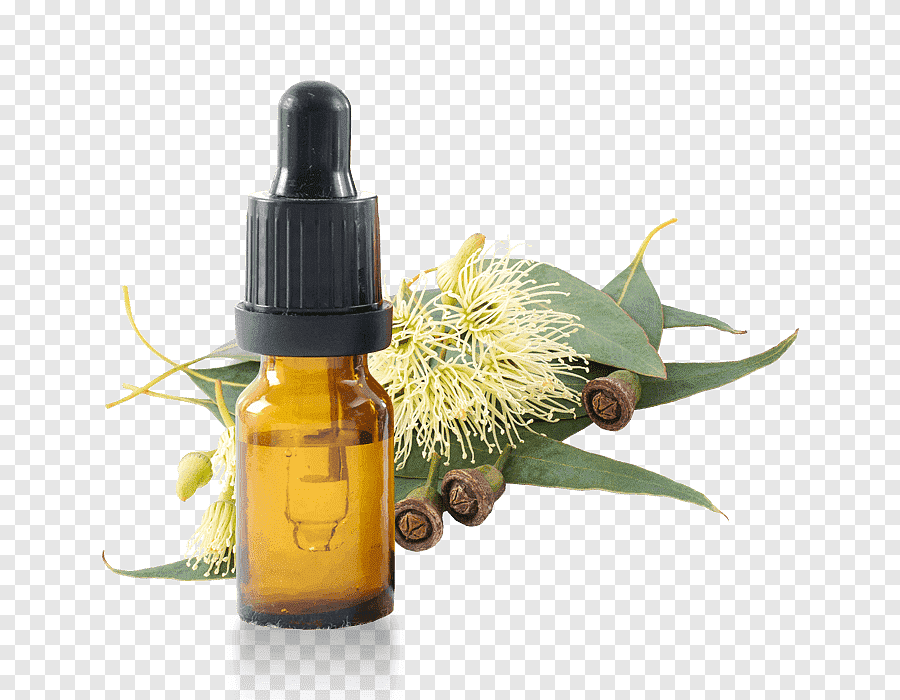
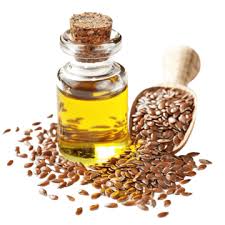
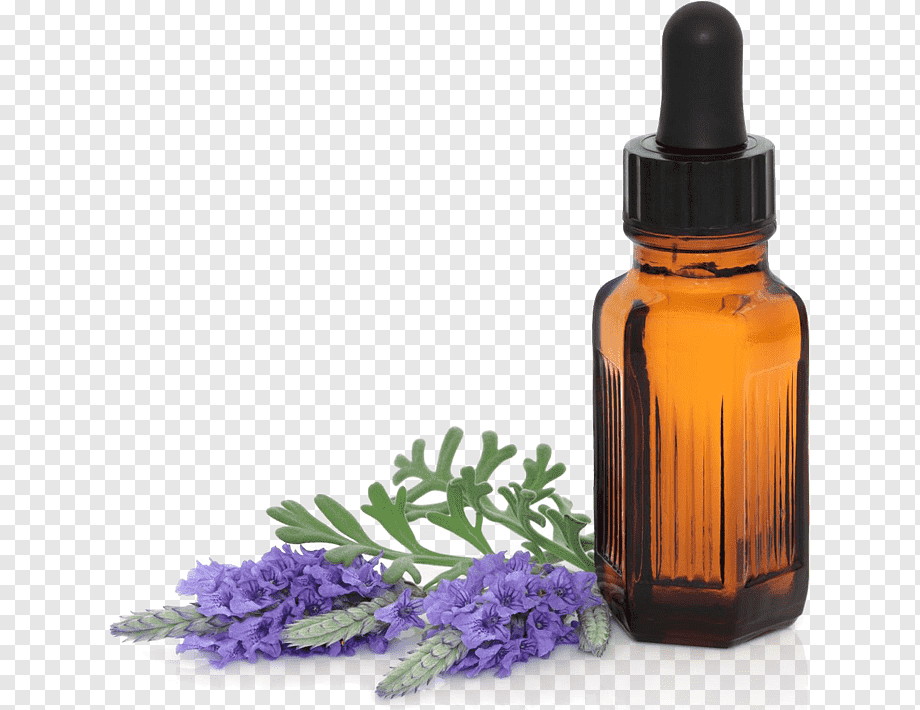

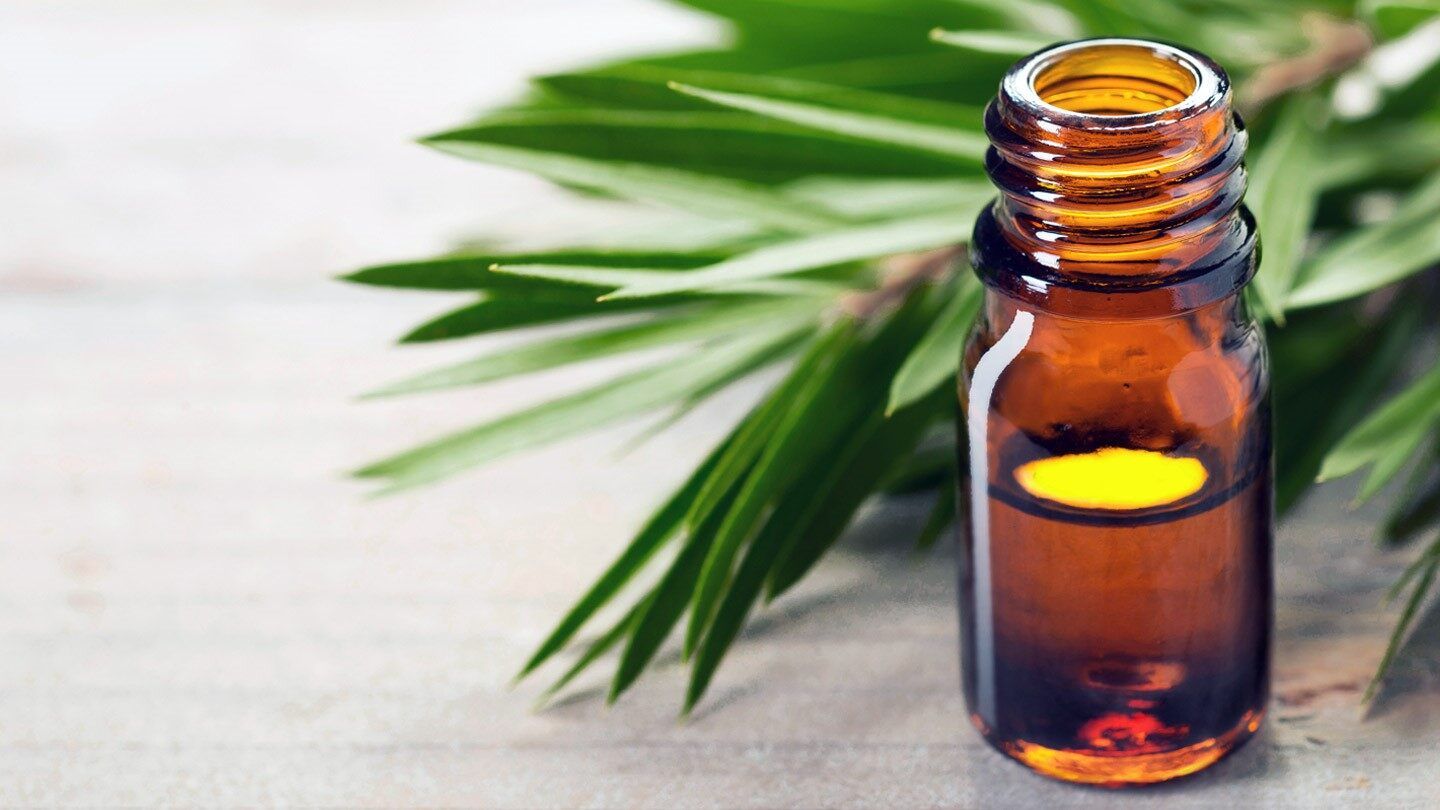
22354205.jpg) Lower
Lower abc
abc wellness
wellness Hair Fall
Hair Fall Skin Care
Skin Care Sensuality
Sensuality Carry
Carry Hair oil
Hair oil Gray to Black
Gray to Black Hair Growth
Hair Growth Sexual Wellness & Sensuality
Sexual Wellness & Sensuality NFC
NFC Lavender
Lavender Health Related Issues
Health Related Issues Natural Herbs
Natural Herbs Immunity
Immunity Joints Pain
Joints Pain Diabetic Issues
Diabetic Issues Skin,Fever,Cancer
Skin,Fever,Cancer Heart Related Issues
Heart Related Issues
Customer questions & answers
Customer reviews
4.8 out of 5